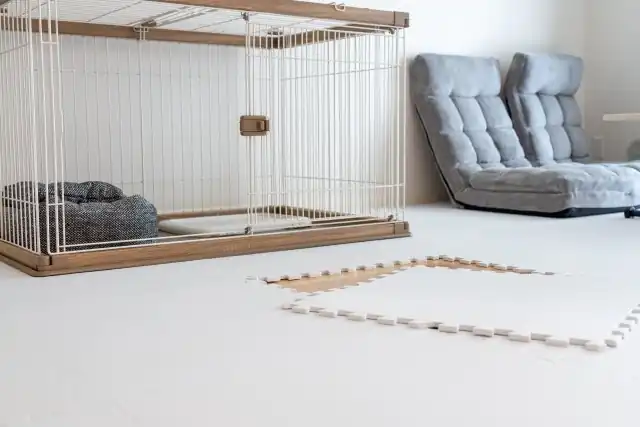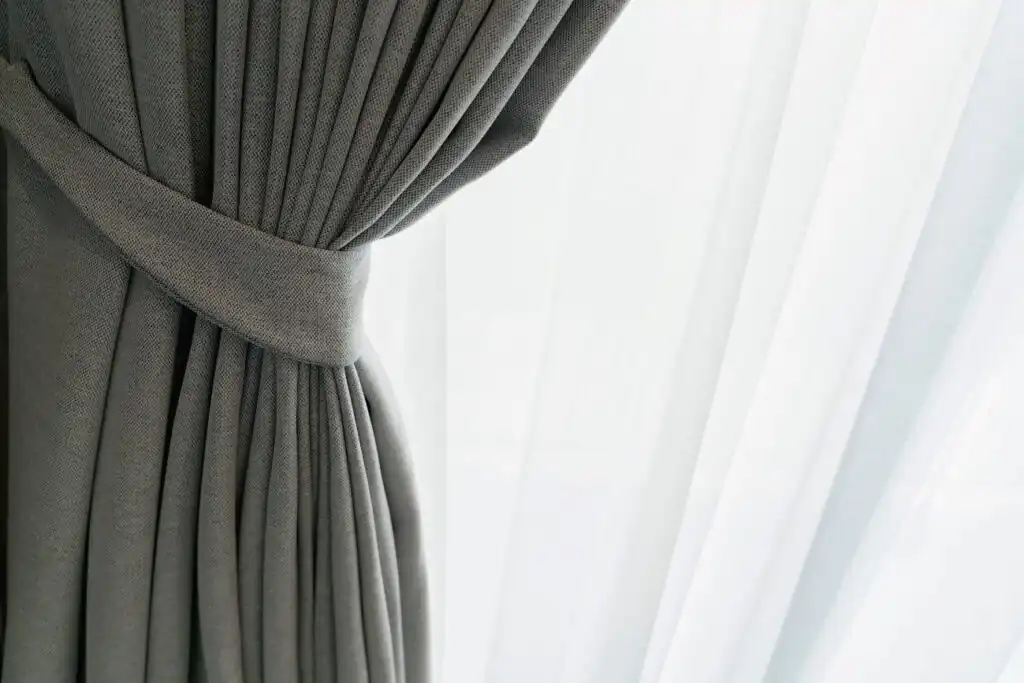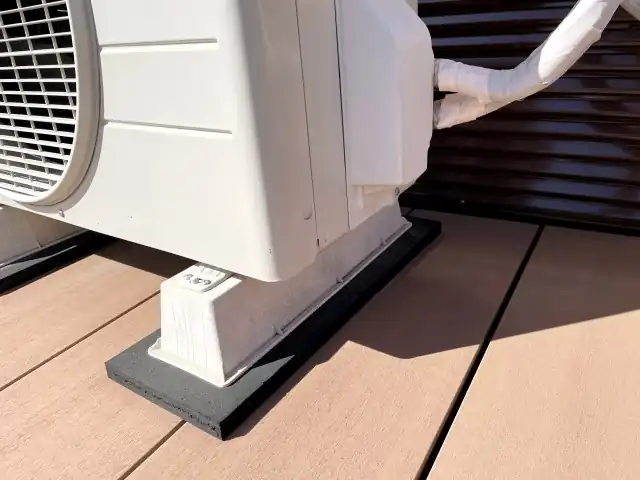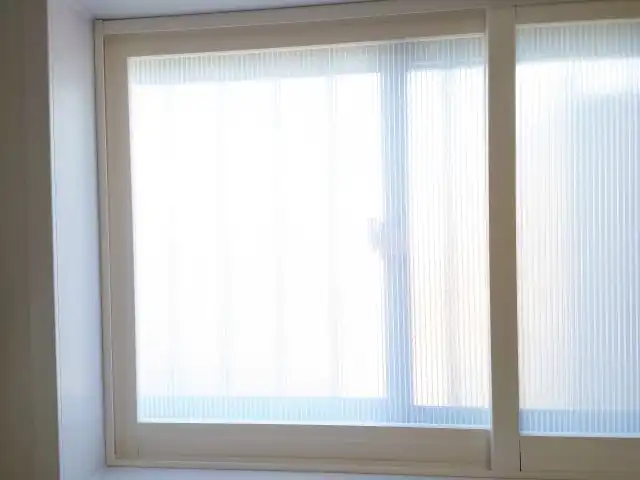When living in an apartment building, it’s inevitable to hear some noise from other residents’ daily activities. At the same time, we also want to be mindful of the noise we make in order to avoid getting complaints. Some people may also struggle to sleep due to noise from their neighbors.
In this article, we’ll introduce tips for choosing properties to avoid noise issues, as well as some DIY soundproofing measures you can take in rental properties. If you’re looking for essential information to avoid and/or deal with noise issues, be sure to read through to the end.
At Village House, we have over 1,000 properties across Japan, with rent starting from an affordable 20,000 yen. If you’re looking for an apartment, be sure to check out our website.
Soundproof quality in rental properties

Everyday household noise comes in many forms—conversations between family members, the sound of the TV or music, the noise of running water in the bathroom or kitchen, etc. However, we need to be cautious of the noise we produce, since they might be heard by neighboring units and lead to potential disputes.
Many people may think that Reinforced Concrete (RC) buildings are better at blocking noise than wooden buildings. While it’s true that RC buildings generally have thicker walls, which help reduce airborne noise, they may still transmit structure-borne impact sounds, such as footsteps or moving furniture.
Also, it is important to note that not all walls in RC buildings are necessarily made of concrete. In some cases, gypsum boards and glass wool are used in wall framing between units, which may result in less effective sound insulation than expected.
Tips for choosing a rental property to avoid noise issues

The causes of noise aren’t limited to sounds from neighboring units; you may also be affected by various external noises from your surroundings. When checking a property’s environment, try visiting at different times and on different days. Construction work and factories are usually the main sources of noise complaints, and factory noise in particular will occur as long as the business continues.
Other potential noise factors include background music in shopping areas or traffic sounds. When searching for a rental property, be sure to check nearby buildings and traffic volume. Viewing the property only on weekends might make you miss out on factory noise during weekdays, so checking at different times is crucial.
Tips for choosing a rental property to avoid being the source of noise issues

Here is how to choose a rental property where you can live stress-free from noise.
Bedrooms that are adjacent to the living room of a neighboring unit can sometimes make daily sounds more noticeable. In properties designed with soundproofing in mind, storage spaces are often placed between neighboring units, or a shared staircase next to the bedroom. If you are concerned about noise, it’s a good idea to review not only the room layout but also the floor plan of the entire property before moving in.
Furthermore, when searching for an apartment, if you let the real estate company know in advance that you have requests such as “I’m concerned about the noise from my neighbors” or “I don’t want to have to worry about the noise I make,” you will be more likely to be introduced to an apartment that meets your needs. Additionally, it’s also wise to check if there have been noise complaints in the past associated with the property.
Five DIY soundproofing measures that you can implement in your rental apartment
- Lay down soundproof mats or carpets

Soundproof mats and carpets are convenient items that provide noise reduction simply by placing them on the floor.
In homes with small children, noise can be heard downstairs when they run or jump around. As a countermeasure, laying down soundproofing mats or carpets can help reduce these sounds and prevent noise complaints.
When choosing a soundproof mat, pay attention to the following points. If you are looking for high soundproofing effectiveness, choose one that is at least 11mm or thicker. If extra noise reduction is needed, you can use rubber mats in layers to reduce noise levels.
For households with small children or pets, tile-type carpets are recommended, since they can be removed one by one and are easy to clean. If you want to match the interior atmosphere, a rug may be best.
- Use soundproof and noise-blocking curtains

Soundproof and noise-blocking curtains are specially designed with sound-resistant materials and unique weaving techniques to effectively block out sound.
Soundproof curtains are effective against sounds that are transmitted through the air. They are excellent at preventing sounds from leaking out of the room, cutting noise levels by about half. If you use them in combination with weather stripping or gap-sealing tape, which we will introduce next in the article, the soundproofing effect will be even stronger.
However, because traffic noise often includes a wide range of frequencies from bass to treble, soundproof curtains, which typically work best for mid- to high-range sounds, may not be enough to fully block it. Additionally, they are less effective against impact noises transmitted through solid structures, like footsteps from the floor above or impact sounds on the wall from the room next door.
- Apply weather stripping or gap-sealing tape

Gap-sealing tape fills the gaps around doors and soundproof mats to enhance soundproofing effects. By applying it along door frames, it can create a soundproofed room or further improve the effectiveness of an existing one.
The recommended thickness for gap-sealing tape is one that makes it such that slight force is required to open or close the door after application. Avoid using tape that is overly thick, as it could prevent the door from moving properly and pose a risk in emergencies.
Gap-sealing tape is also effective in reducing noise in apartments or condominiums. For instance, if your window feels too “loose” or “light” when opened or closed, they are likely not tightly sealed. If you can hear voices and sounds from outside through the gap, it is likely that sounds from inside the room are also leaking out. As a countermeasure, applying gap-sealing tape around the window frame can help block these gaps and prevent sound leakage.
- Use vibration damping pads

Vibration damping pads are a useful tool for noise control, as it absorbs ground vibrations effectively.
Placing vibration damping pads under appliances like washing machines, refrigerators, or outdoor AC units prevents vibrations from being transmitted directly to the floor, reducing noise when they are operating. Moreover, applying it to door corners or knobs also helps absorb impact noise when opening or closing doors, making sounds less likely to echo.
Additionally, attaching anti-vibration rubber to the legs of tables or chairs can be an effective measure to reduce vibration sounds that could disturb neighbors in the rooms next door or below.
- Install double-glazed windows

A double-glazed window, as the name suggests, consists of two layers of glass, which enhances soundproofing. There are two ways to install double-glazed windows: you can hire a professional glass installer or install them yourself.
Hiring a professional installer ensures a clean and proper installation. However, it may require replacing the window frame, increasing the cost accordingly if the size of the frame is large.
Alternatively, you can also make and install double-glazed windows yourself. The advantage of purchasing the materials and making them yourself is that you can reduce the cost of installation and restoration to its original state. However, please be aware that DIY windows may not perform as well as professionally installed ones, and they may not look as polished or could take longer to install.
Another point to consider is to be sure to get permission from the management company or landlord before installing double-glazed windows. If you install double-glazed windows without permission, you may have to pay high restoration costs when you move out, so be careful.
For more information about dealing with noise problems, check out our other articles:
At Village House, there are no security deposits, key money, renewal fees, or handling fees. We also offer affordable rent starting from 20,000 yen. If you would like to save on initial costs and rent, please feel free to contact us.

Hello, I’m Machiko Doi, a freelance writer who writes about housing and living in Japan.
I live in an 80-year-old house that I inherited from my grandparents along with my two shelter cats and daughter.
We live a relaxed life while repairing the house.
I like to cook vegetables from the garden and fresh fish caught by my father, and enjoy them with cold beer on a hot day or hot sake on a cold day.



